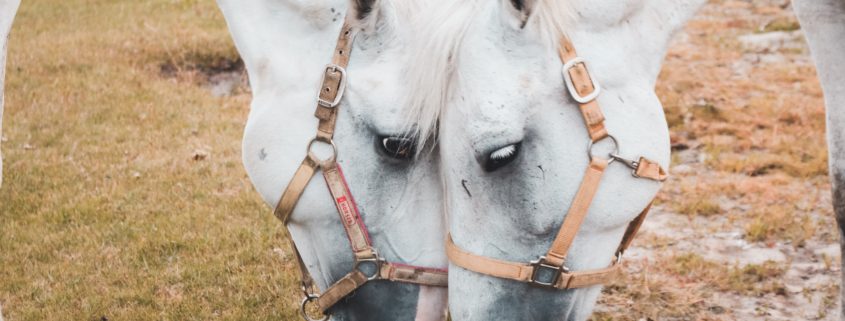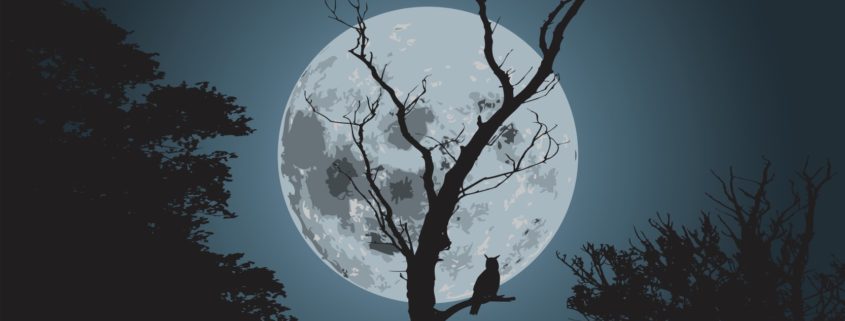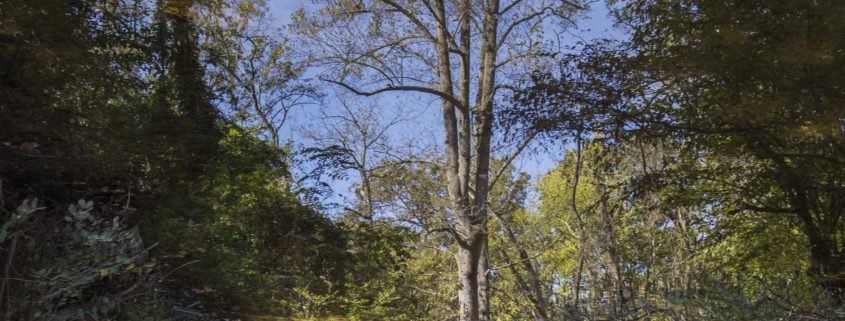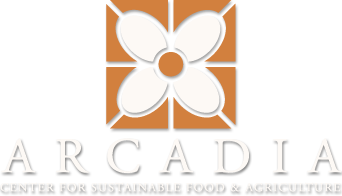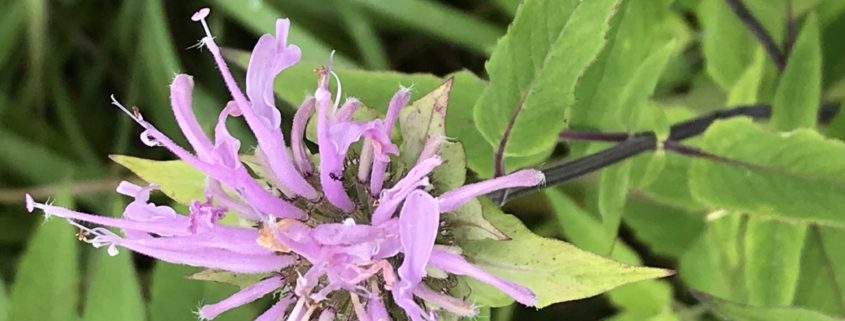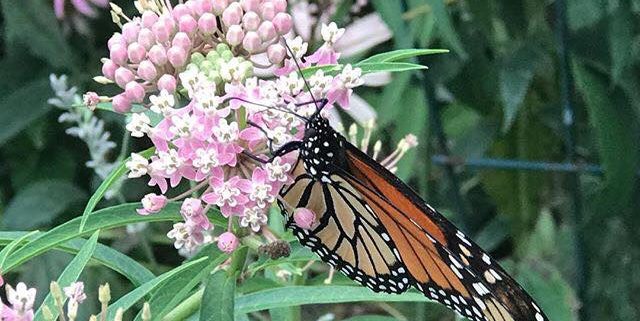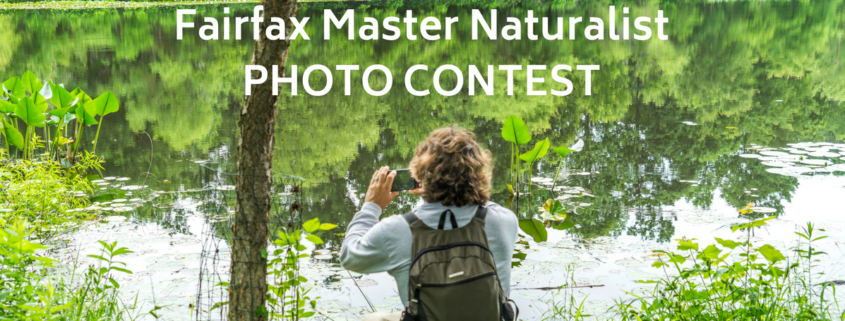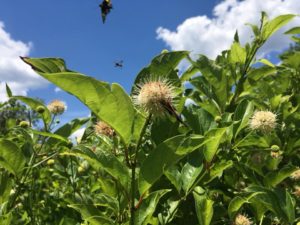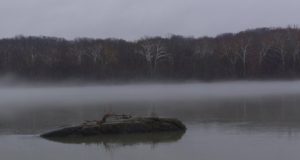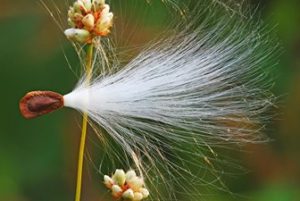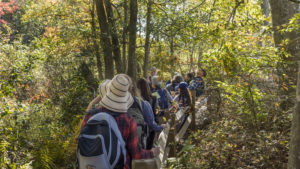Global Water 2020, an advocacy and facilitation initiative based in DuPont Circle, is working to solve various pieces of the global water security challenge. Their projects include: increasing access to sustainable Water, Sanitation and Hygiene (WASH) in healthcare facilities, water in peacebuilding, WASH and water security financing, and WASH in the prevention of Neglected Tropical Diseases (NTDs).
Global Water 2020 is currently looking to hire a Fall 2018 intern. The intern will be an undergraduate senior or graduate student in public health, environmental health, environmental studies, finance, business, political science, international relations, international development, anthropology, sociology or related field.
Her/his responsibilities include:
• Research U.S.-based and international non-profit, private sector and educational institutions working on global WASH and health efforts
• Develop inventory of global WASH and health funders
• Brainstorm and help identify domestic, regional and global collaboration opportunities
• Help write, edit, and format materials for Congressional meetings
• Track global and regional convenings and assist in prioritizing which events Global Water 2020 should influence
• Maintain the Global Water 2020 website and social media presence
• Support social media campaigns for global awareness days
• Assist Global Water 2020 team in all other duties as assigned
The intern will work part-time (20 hours/week) at an hourly rate of $15.00. Global Water will prioritize candidates based in DC.
Interested applicants may email their resume and cover letter to Kelly Bridges: [email protected]. Please email your application materials as soon as possible, as Global Water 2020 will be considering candidates on a rolling basis.


